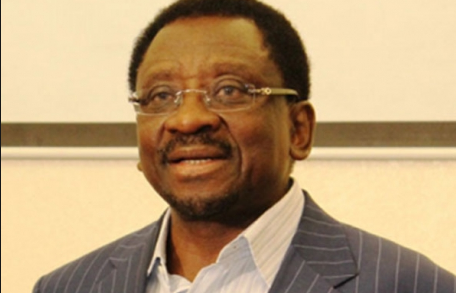×
The Standard e-Paper
Kenya’s Boldest Voice

Ahead of the second reading of the controversial Gender Bill in Parliament, the house is sharply divided with one group supporting while another vowing to shoot it down.
While one group of MPs and senators say the Bill will be passed so that the constitutional threshold on two-thirds rule is achieved, the other promised to oppose it owing to the rising wage Bill and other consequential matters.